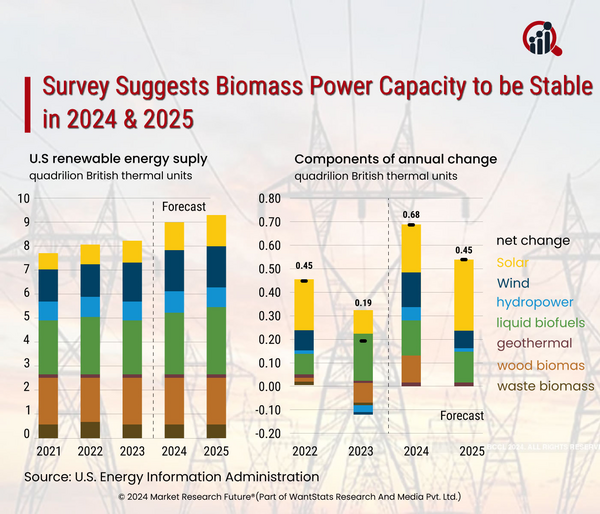Biomass Helps to Cut Carbon Emission with Different Industrial Applications
The clean energy transition focuses on a shift from fossil fuels to renewables in 2024. The surveys in 2024 show that China is the leading nation in the mining sector for 2024. Mining is necessary due to the clean energy transition for important earth materials, such as lithium, nickel, biomass, fossil fuels, and others. Chinese domestic materials through extraction comprise these products, as mentioned earlier. However, the clean energy transition requires renewable materials for the green transformation. Biomass is a carbon-neutral energy source considered renewable as it is made from organic matter. Experts claim that biomass extraction through mining gives numerous advantages for clean energy transition.Much news surrounds biomass usage to reduce harmful emissions in industrial applications effectively. Biomass, unlike other extracted elements from mining, is sustainable. However, its availability may degrade if not consumed mindfully in different industrial applications. Many renewable biomass sources exist, such as agricultural produce, food waste, forest waste, and others. Hence, biomass is used in different industrial applications, such as electricity production, cooking fuel, as an alternative to natural gas, and heating buildings.
According to the latest survey, biomass boilers in the Portuguese textiles factory help cut carbon emissions by 95 percent. Its officials state that by incorporating biomass boilers in the factory, there is a drastic reduction in carbon emissions. With the help of biomass boilers, the textiles industry has reduced natural gas consumption by 70 percent. Similarly, biofuel usage in transportation can bring drastic changes by effectively reducing carbon emissions. Another benefit of biomass is electricity generation; hence, it can fuel electric generators. Therefore, researchers cite that biomass plays a crucial role in energy transformation. The shift in the energy sector towards sustainable practices can lead to increasing biomass demand in the coming years.






